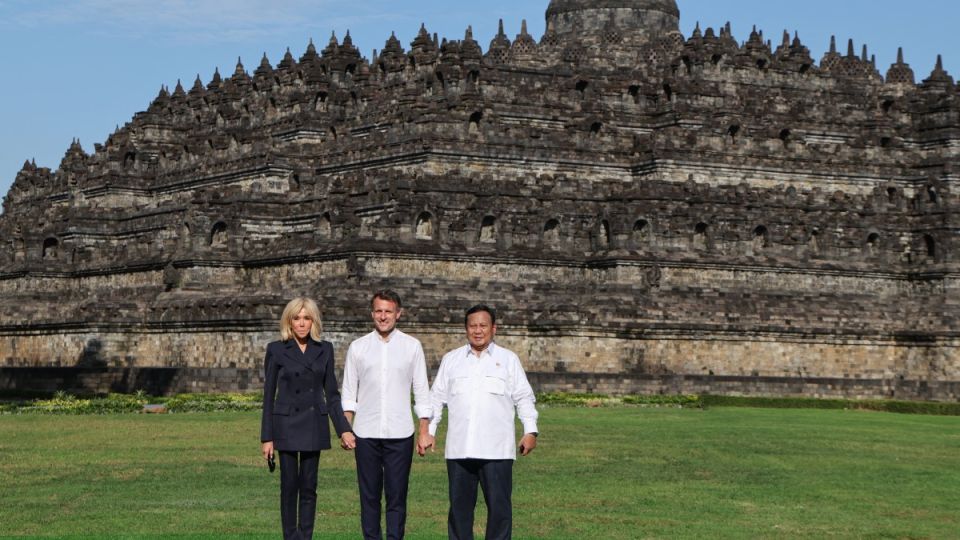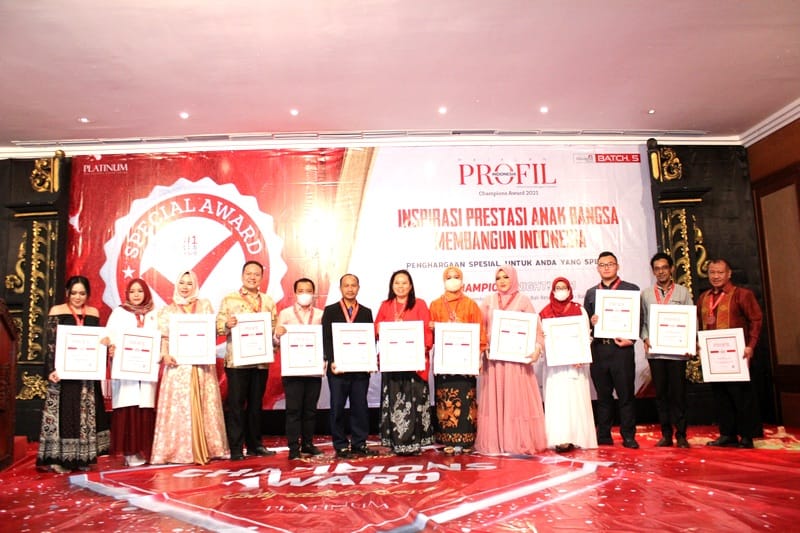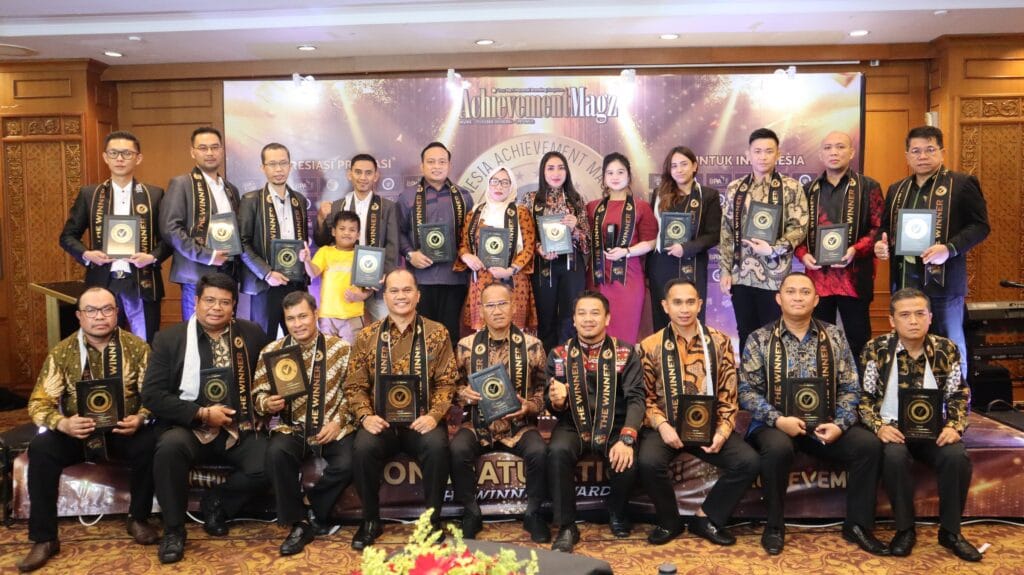Singapore — In a week that underscored France’s forward-leaning Indo-Pacific strategy, President Emmanuel Macron wrapped up a three-nation tour of Southeast Asia with key economic and defense signals aimed at elevating France’s role as a preferred strategic and business partner in the region.
Across Vietnam, Indonesia, and Singapore, Macron championed a new phase of business diplomacy—one that aligns cultural connection with high-value contracts, defense cooperation, and bilateral trust-building. Each stop in the region revealed a mix of symbolic outreach and substantive commitments.
In Vietnam, Macron facilitated agreements that included multibillion-euro contracts in aerospace, nuclear technology, and transport infrastructure. While not all components are French-originated—such as Airbus consortium products—the signaling is clear: France wants to deepen economic presence in markets where European players are underrepresented.
Indonesia, marking 75 years of bilateral relations with France, became the focal point of defense diplomacy. The deal to supply 42 Rafale fighter jets, valued at US$8.1 billion, and ongoing discussions around Scorpene-class submarines signify mutual strategic confidence. The implementation of offset agreements and technology transfers will be critical to long-term success.
President Macron’s rapport with Indonesian President Prabowo Subianto was on full display, with both leaders engaging on security, trade, and multilateral issues. France’s initiative to co-host an international summit on Palestine, with backing from Indonesia, enhances France’s positioning as a connector state—bridging Europe, Southeast Asia, and the Muslim world.
The tour concluded in Singapore, where Macron’s informal walkabout with Prime Minister Lawrence Wong captured headlines. Beyond optics, the visit included defense and digital infrastructure talks, reinforcing Singapore’s role as a pivotal innovation and logistics partner in France’s Indo-Pacific roadmap.
Throughout the week, Macron consistently projected France as a reliable, non-aligned alternative to US-China dynamics. This “middle power diplomacy” provides ASEAN stakeholders with optionality—diversifying partnerships without ideological constraints.
For business stakeholders, Macron’s Southeast Asia tour reaffirms France’s openness to high-impact partnerships in infrastructure, green energy, transport, and defense—particularly in markets seeking co-investment, tech collaboration, and political neutrality.
As Europe grapples with internal fragmentation, France’s sustained presence in Asia through its president’s direct engagement sends a message of long-term commitment—one that corporate actors and regional governments are now paying closer attention to.








